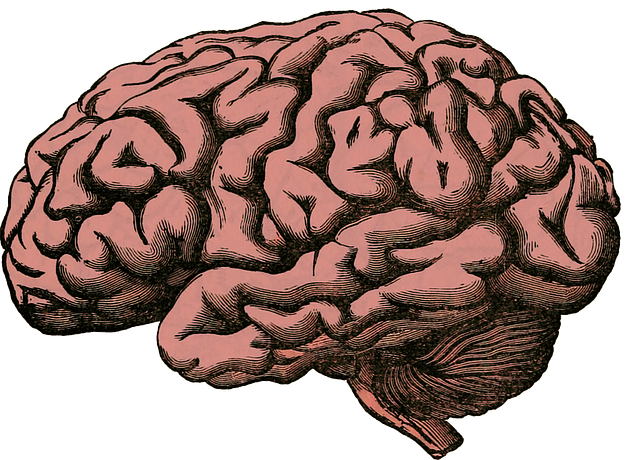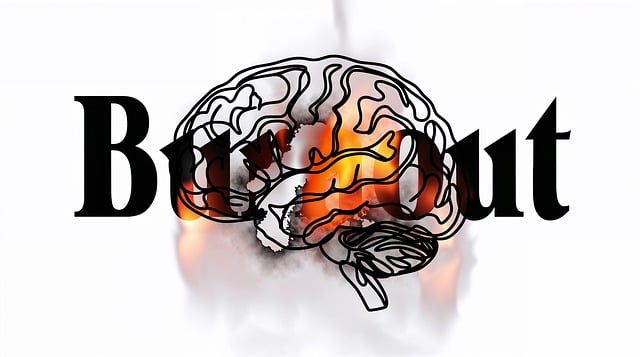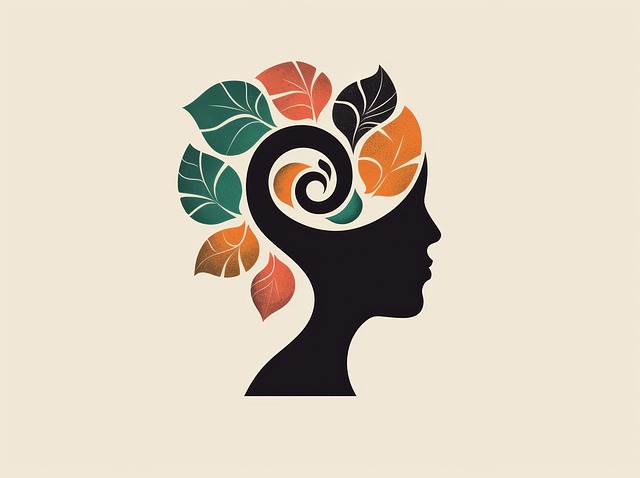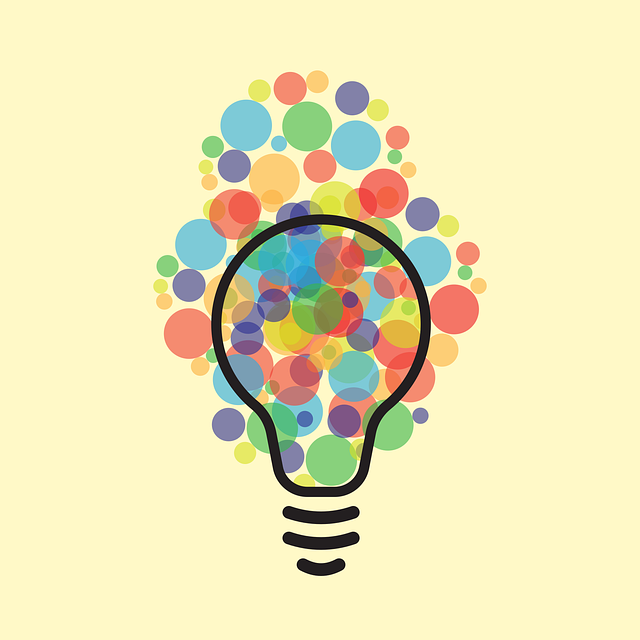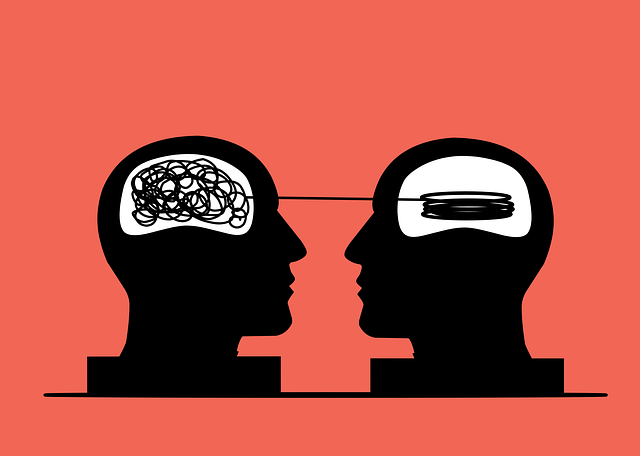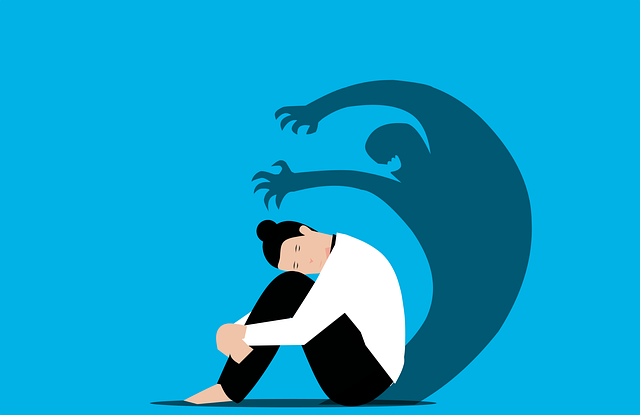Mental illness diagnosis accuracy is a critical aspect of patient care, with significant implications for treatment outcomes. This article explores various efforts aimed at enhancing diagnostic precision, delving into the challenges mental health professionals face. We examine innovative techniques, such as Golden Hypnosis Therapy, that offer promising approaches to improve assessment accuracy. Additionally, we highlight training initiatives and advanced technologies playing a pivotal role in empowering healthcare providers to make more reliable diagnoses.
- Understanding the Challenges of Mental Illness Diagnosis
- The Role of Golden Hypnosis Therapy in Enhancing Accuracy
- Innovative Techniques for Improved Assessment
- Training and Education: Empowering Healthcare Professionals
- Integrating Advanced Technologies for Precision Diagnosis
Understanding the Challenges of Mental Illness Diagnosis

Diagnosing mental illnesses accurately is a complex task due to the intricate nature of human psychology and diverse symptoms presented by individuals. The mind, often referred to as the “unseen landscape,” can be a labyrinthine maze, making it challenging for professionals to navigate and pinpoint specific disorders. Each individual’s experience with mental health issues is unique, and many conditions share similar symptoms, adding another layer of complexity. For instance, depression, anxiety, and bipolar disorder may exhibit overlapping signs, requiring careful differentiation.
Golden Hypnosis Therapy offers a promising approach to enhancing diagnosis accuracy. By employing therapeutic techniques, professionals can gain deeper insights into their patients’ mental states. This involves not only identifying symptoms but also exploring the underlying causes and triggers. Incorporating risk management planning for mental health professionals is vital to ensuring safe and effective treatment. Additionally, focusing on depression prevention and resilience building can significantly impact early intervention and long-term recovery, ultimately improving diagnosis accuracy and patient outcomes.
The Role of Golden Hypnosis Therapy in Enhancing Accuracy

Golden Hypnosis Therapy is emerging as a valuable tool to enhance mental illness diagnosis accuracy. By tapping into the subconscious mind, this innovative approach allows for deeper understanding of patient experiences and symptoms. It facilitates a more nuanced exploration of emotional states, often revealing hidden factors that may be contributing to mental health challenges. This can significantly improve diagnostic precision, especially in complex cases where symptoms may be ambiguous or overlapping.
Incorporating Golden Hypnosis Therapy into the standard risk assessment for mental health professionals can mitigate burnout and enhance overall practice. The therapy boosts emotional intelligence, empowering practitioners to interpret non-verbal cues and subtler expressions of distress more effectively. This, in turn, promotes early intervention and tailored treatment plans, ultimately benefitting both patients and healthcare providers by streamlining diagnostic processes while fostering a more empathetic therapeutic environment.
Innovative Techniques for Improved Assessment

In the pursuit of enhancing mental illness diagnosis accuracy, innovative techniques like Golden Hypnosis Therapy are emerging as powerful tools. This therapy goes beyond traditional assessment methods by utilizing hypnosis to access the subconscious mind, revealing insights often obscured from conscious awareness. By tapping into this hidden realm, mental health professionals can gain a more comprehensive understanding of an individual’s psychological landscape, leading to more precise diagnoses and tailored treatment plans.
Golden Hypnosis Therapy complements existing assessment approaches, such as structured interviews and psychometric tests, by addressing the interconnectedness of the mind and body. It facilitates enhanced emotional regulation, stress management, and burnout prevention—all key aspects that can impact diagnosis and treatment outcomes. This holistic approach not only aids in identifying specific mental health conditions but also empowers individuals with tools to manage their emotional well-being, fostering a more balanced and resilient mindset.
Training and Education: Empowering Healthcare Professionals

Mental health professionals play a pivotal role in accurately diagnosing mental illness, and their training is a key area for improvement. Enhancing education and skills in this sector can significantly impact patient outcomes. One innovative approach gaining traction is incorporating techniques like Golden Hypnosis Therapy into healthcare curricula. This ancient practice, with its modern applications, teaches individuals to harness the power of their minds, promoting self-awareness and coping mechanisms. By integrating such therapies, professionals can better understand the intricate mind-body connection, leading to more precise diagnoses.
Effective communication strategies are another educational focus. Equipping healthcare providers with tools to foster open dialogue encourages patients to share their experiences honestly. Moreover, teaching self-care practices and mindfulness meditation can empower both professionals and individuals seeking help. These skills enable better stress management, improved emotional regulation, and enhanced overall mental well-being, all of which contribute to more accurate assessments and effective treatment plans.
Integrating Advanced Technologies for Precision Diagnosis

The integration of advanced technologies is transforming mental health diagnosis and treatment, aiming for unprecedented precision. Tools like Golden Hypnosis Therapy leverage cutting-edge techniques to delve deeper into the mind, offering unique insights that traditional methods might miss. By combining sophisticated algorithms with real-time data analysis, these innovative approaches can identify subtle patterns and indicators associated with various mental illnesses. This advanced technology not only enhances diagnostic accuracy but also personalizes treatment plans, ensuring a more effective and efficient recovery journey.
Furthermore, the application of artificial intelligence (AI) in mental health screening is particularly promising. AI-powered chatbots and virtual assistants can engage individuals in conversations, assess their emotional states, and provide preliminary evaluations. This not only aids healthcare providers but also empowers individuals to proactively monitor their mental wellness. Such technologies complement existing resources like the Mental Wellness Podcast Series Production and Burnout Prevention Strategies for Healthcare Providers, contributing to a more comprehensive and accessible mental health support system.
Mental illness diagnosis accuracy has seen significant strides with advancements in Golden Hypnosis Therapy, innovative assessment techniques, and robust training programs. By integrating advanced technologies and empowering healthcare professionals, we can continue to enhance diagnostic precision, ensuring more effective treatment and improved patient outcomes. Golden Hypnosis Therapy, in particular, offers a promising approach to navigate the complexities of mental health disorders, complementing traditional assessment methods. These collective efforts underscore our commitment to refining mental illness diagnosis, ultimately fostering better support for those in need.

